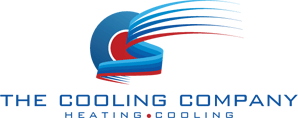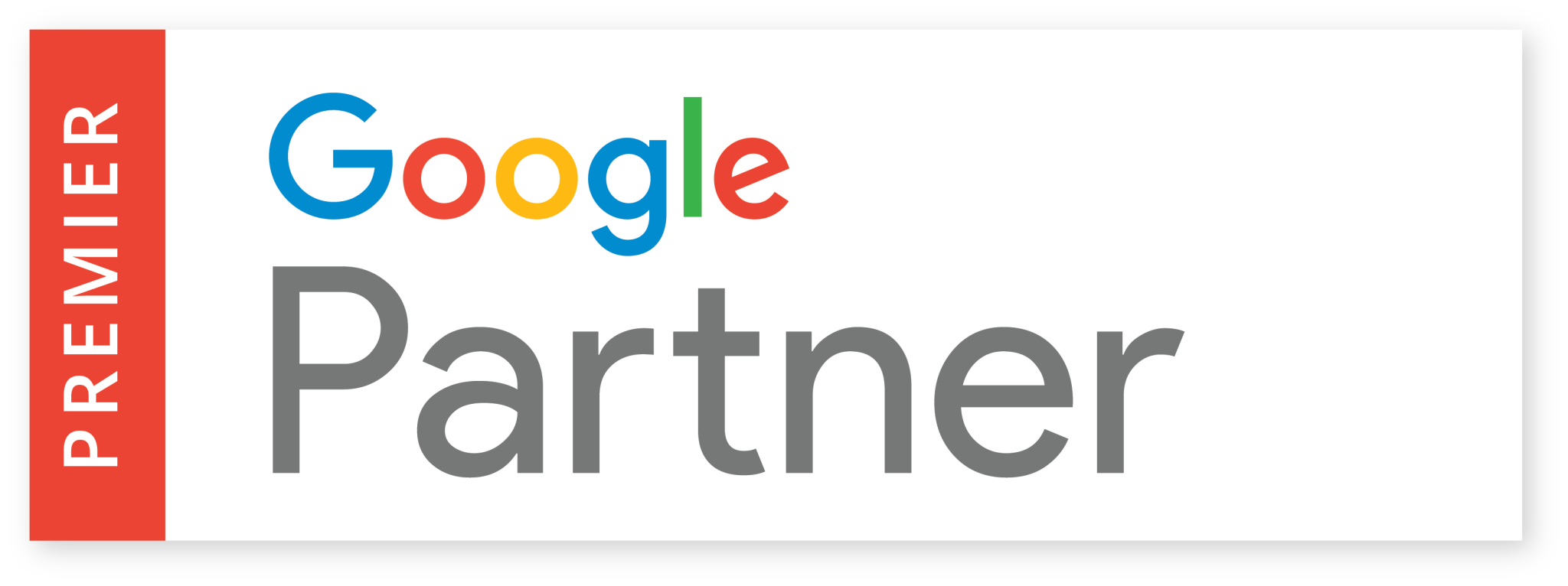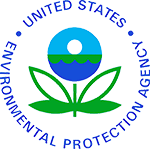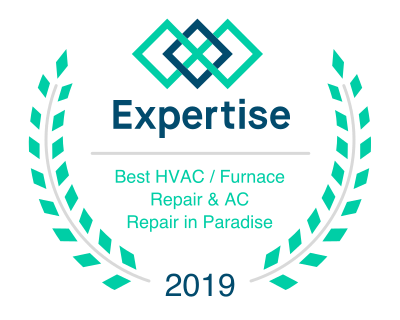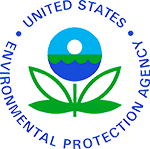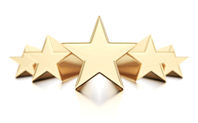Have you ever questioned whether or not your ducts should be cleaned by a professional? If so, you’re not alone. There’s a part of many people pondering the same thing. It’s a substantial debate within the world of air duct cleaning, often gearing towards the benefits of professional inspection and cleaning. In certain cases, DIY attempts can leave out key details like checking insulation within the duct system or testing for pollutants. Should you clean your air ducts yourself, use your trusty furnace for added heat, or hire a professional? Of course, the bigger question is if air duct cleaning is indeed a necessity or just another scam. Evidence suggests it’s more of a necessity than a sham.
There has been a lot of chatter around duct cleaning over recent years. However, despite the ample moisture of information, many people still don’t understand what it is or why they should get it done. Whether you’re planning to sell your home or are simply curious, there are a few things you need to know about air duct cleaning that may surprise you.
Every year, over 50 million Americans suffer from allergies. Over 19 million people in the United States have been diagnosed with allergic rhinitis in the past year. According to the CDC, allergic rhinitis, also known as hay fever, is a common indoor allergy. The truth is that air duct cleaning can control indoor allergies like hay fever. Many companies are now advertising “maintenance-free” HVAC systems, which leads consumers to believe that their heating and cooling systems will never need air duct cleaning again. Unfortunately, that’s often not the case. Still, many people don’t understand the importance of air duct cleaning.
While you want to do everything possible to improve your indoor air quality, you’re probably also an Air Duct Cleaning newbie. In this case, you will have plenty of questions. For example: “How often should I have my ducts cleaned?” and “What exactly does an air duct cleaning accomplish?”
Let’s peel back the layers and uncover the truth about air duct cleaning.
What is duct cleaning?
The idea of air duct cleaning is simple: Your heating and cooling system has a network of ducts and return ducts running through your attic, basement, crawl space, or other out-of-the-way areas that push air throughout your home. As the system runs, dust and dirt get sucked up into those ducts, where it can spread allergens and irritants, including pollutants, to every room of the house. So it’s essential to ensure you have clean ducts.
If you have allergies or asthma, there’s a good chance you’ve been pitched on the idea of having your ducts cleaned as a way to improve the quality of your indoor air. However, is it a case of genuine help or just a scam?
The basics:
Duct cleaning typically refers to cleaning various heating and cooling system components of forced air systems. Generally, this includes the supply and return air ducts and registers, grilles and diffusers, heat exchangers heating and cooling coils, condensate drain pans (drip pans), fan motor and fan housing, and the air handling unit housing.
Additionally, duct cleaning could refer to any number of components in your HVAC (heating, ventilating, and air conditioning) system. It’s important to note that duct cleaning differs from HVAC maintenance or replacement.
Is duct cleaning a scam?
People often think that air duct cleaning is about as exciting as watching paint dry. For most people, it is. However, we’re going to reveal some surprising facts about the industry today. Is duct cleaning a scam? Is it worth the cost? We want you to know what you’re dealing with when you decide to hire professional cleaners.
Simply put, air duct cleaning services can be a scam… if you choose the wrong company for the job. According to National Air Duct Cleaners Association (NADCA), some companies claim to clean your ducts cheap but then try to upsell other services you may not need.
In addition, when you invite a technician into your home, you should make sure they know what they are doing. Verify that they perform an inspection of the entire duct system, including checking for any signs of excess moisture or poor insulation. This is vital in maintaining the health and efficiency of your furnace and the overall system.Duct cleaning done wrong can do more harm than good. If they don’t follow proper duct cleaning procedures, the process could decrease your indoor air quality. For example, if you don’t use an adequate vacuum or a filter that prevents contamination, you end up releasing more contaminants into your system instead of providing clean air. This is a crucial issue to consider as inadequate cleaning practice could cost you not only the money you spent but also the purity of the air in your home.
Stay away from these fly-by-night companies, as they may damage your ducts and even void your HVAC system warranty. Plus, they probably won’t honor their own additional service warranties when you discover something’s amiss after they leave your home. Your best bet here is to invest your money and resources on reputable firms after doing your research and gathering sufficient information.
Just how important is duct cleaning?
The fact is that dirty air ducts from dust-laden HVAC systems are linked to poorer indoor air quality. Under certain circumstances, such as neglect or poor maintenance, family members’ health can be negatively affected. For example, family members with breathing issues such as asthma can find it hard to breathe when in the home. In addition, dirty and clogged ducts can cause an increase in your energy consumption.
Air duct cleaning can help prevent fire hazards. Dust and debris caught in ventilation ducts can act as an accelerant during a fire. This risk is particularly high if you have faulty duct work or when there is gas-powered equipment in your home because it releases carbon monoxide that mixes with dust to create a potentially dangerous combination.
Several components of a heating and cooling system need to be maintained and cleaned to keep running efficiently. For example, the duct work plays an integral part in the system performance. With regular practice, resources like a good vacuum and suitable filters can be used to get rid of the dust and debris that build up in the system over time.
- Drain pans need to be emptied and cleaned of bacteria and slime.
- Coils need to be washed with an EPA-registered coil cleaner to prevent mold growth.
- Heat exchangers need to be inspected for signs of corrosion or cracks, which could lead to carbon monoxide poisoning.
There are a variety of other maintenance tasks that you should do on HVAC systems regularly, but they don’t involve cleaning out the air vents and duct surfaces. That’s why you should ensure your ducts get cleaned even though you have regular maintenance scheduled. Gather the necessary research and resources needed to ensure proper maintenance.
Should you clean your own ducts?
If your ducts are in good condition and you just want to get rid of dust or debris, you can try cleaning around the vents and filters. However, this is something best left to the professionals. To be successful, you will need in-depth knowledge of HVAC systems and how to get around them. If you do decide to start DIY duct cleaning, there are a few risk factors to consider:
- Health
If you have health issues such as allergies or asthma, opening up your HVAC system can make things worse. That’s because the particles filtered out will be released into the air while you clean it. If this applies to you, consider hiring a professional to do the job for you, saving you both time and money.
- Exposure to Asbestos
How old is the building? This information is crucial as if your home or business was built before 1980, it might contain asbestos duct tape. Don’t expose yourself by trying to remove it on your own; instead, hire an EPA-certified contractor who has experience working with asbestos.
- Risk of Damage
If not done correctly, cleaning HVAC ducts can damage your ventilation system, resulting in decreased energy efficiency. If a homeowner doesn’t use the right tools or vacuums improperly, they could cause more harm than good while cleaning their ductwork. Moreover, unattended duct work can get contaminated with dust and debris, again posing an issue.
- Exposure to Mold
Mold grows in damp areas and is commonly found in air ducts due to water vapor condensation. This condensation can result in water damage. In addition to the respiratory problems that come with mold exposure, it can also damage the structure of your ductwork if not properly cleaned, making it susceptible to further contamination.
The primary risk with DIY HVAC duct cleaning is damage to your HVAC system. Improper removal of dust and debris can leave some behind and cause damage to heating or cooling elements, which results in costly repairs. Additionally, bending or kinking the ductwork during cleaning can interfere with airflow and reduce system efficiency, and that’s a bigger problem. Finally, if you have an inadequate vacuum system in place, blowing debris back into the house is possible.
Therefore, attempting a DIY duct cleaning could end up being more expensive than hiring a professional service that does a good job the first time around. Consider your circumstances thoroughly before deciding on the best course of action.Bear in mind, one level-headed way that you can help keep your ducts clean is by changing your filters on a regular basis. This regular maintenance is akin to changing the oil in your car—it’s a small task, but an essential one. Additionally, there are numerous products available for duct cleaning that customers swear by, depending on the size and condition of their systems.
Signs you need a professional air duct cleaning.
Duct cleaning is carried out on an as-needed basis, which means that the frequency may vary in different ways for different households. How much dust is present depends on factors such as years of use, whether you have pets, etc. Proper duct cleaning not only removes mold and other airborne contaminants circulating through your home’s HVAC system, but also has potential health benefits. Therefore, there are physical signs that you can look out for to help you decide if duct cleaning is necessary.
If your HVAC ducts have visible damage or openings, it clearly indicates that it’s a good idea to call a professional to fix them. A technician can seal them with mastic or foil tape. However, it is noteworthy to mention that such advice is not limited to visible damage alone. Regular maintenance can help avoid unforeseen problems.
According to the U.S. Department of Energy, air leaks from unsealed joints and penetrations can account for up to 20% of energy loss in some homes. However, these leaks are often overlooked during renovation projects because they’re difficult to detect unless you have a special source of equipment.
National Air Duct Cleaning Association (NADCA) recommends cleaning your air ducts every three to five years. However, you may need to have them cleaned more often, depending on your home’s condition. Though not explicitly mentioned, these claims are backed by years of experience and customer feedback.
Here are 11 signs you need a professional air duct cleaning:
- Your ducts were not properly installed or sealed.
- You moved into a new home that is dirty or dusty.
- You are renovating or remodeling your home.
- Your home has been infested with rodents or insects.
- There is substantial visible mold growth inside hard surface (e.g., sheet metal) ducts or on other components of your heating and cooling system.
- You suffer from allergies or asthma and notice increased symptoms when the heating and cooling system runs.
- Your HVAC filters are clogged and dirty (and you’ve changed them frequently).
- Your home was built before 1980, and you’ve never cleaned its ducts.
- Someone in your household smokes indoors.
- You can see dust, debris, or pet hair around your vents or registers after the system runs.
- You hear thumping sounds or feel vibrations when you turn on the heat or air conditioning. This could indicate a problem with the blower components — which is another reason to call in professionals.
What to expect from a professional duct cleaning service
Chances are you’ve probably heard the advertising on television or the radio. The place where you spend a third or more of your time is likely full of hidden mold, dust, and allergens. The solution? Have a professional duct cleaning service clean all the air ducts in your home. Dirty ducts decrease your indoor air quality.
Here’s what to expect from the duct cleaning process:
- The check-up:
The tech will take stock of the state your ducts are in to determine what techniques to use.
- Air washing:
Most air-duct cleaning companies now use a high-powered vacuum that cleans the ductwork. This technology has revolutionized the industry.
- Agitating:
Our duct cleaning experts use a rotating brush to dislodge dirt and debris from the interior of the ductwork. The process is similar to pressure washing but with much more powerful equipment. The equipment collects the dust and spores released rather than spraying them into the air.
- Sanitizing:
We will also use biocides or anti-microbial treatments to reduce the amount of mold or bacteria in your system. These products have been proven to be effective in numerous studies.
If a company doesn’t mention these steps, it may not be following industry standards for thoroughness. Air duct cleaning can take several hours for the professional cleaner to complete the job. Depending on how many vents are in your home and how accessible they are, it can even take an entire day.
Takeaway:
When you think about how much time you spend indoors, it’s easy to see why indoor air quality is vital for your health. According to the Environmental Protection Agency (EPA), we spend approximately 90% of our time indoors. Remember, air ducts are not just passageways for air. They also funnel dust, dirt, pet dander, mold spores, and other dangerous allergens. That explains why you can find five times more pollution in indoor air than outdoor air. If the air inside your home isn’t clean, it could lead to health problems.
Take a moment to check out your business or living space. Are you seeing dust and pet hair accumulating around your vents? Your loved ones just can’t seem to get over the sniffles? Don’t hesitate – contact us today and get in on our Duct Cleaning Special while it lasts! Our NATE certified experts and their professional advice can prove to be a game-changer for your indoor environment. They are proficient in their job and most often get it done right the first time!
